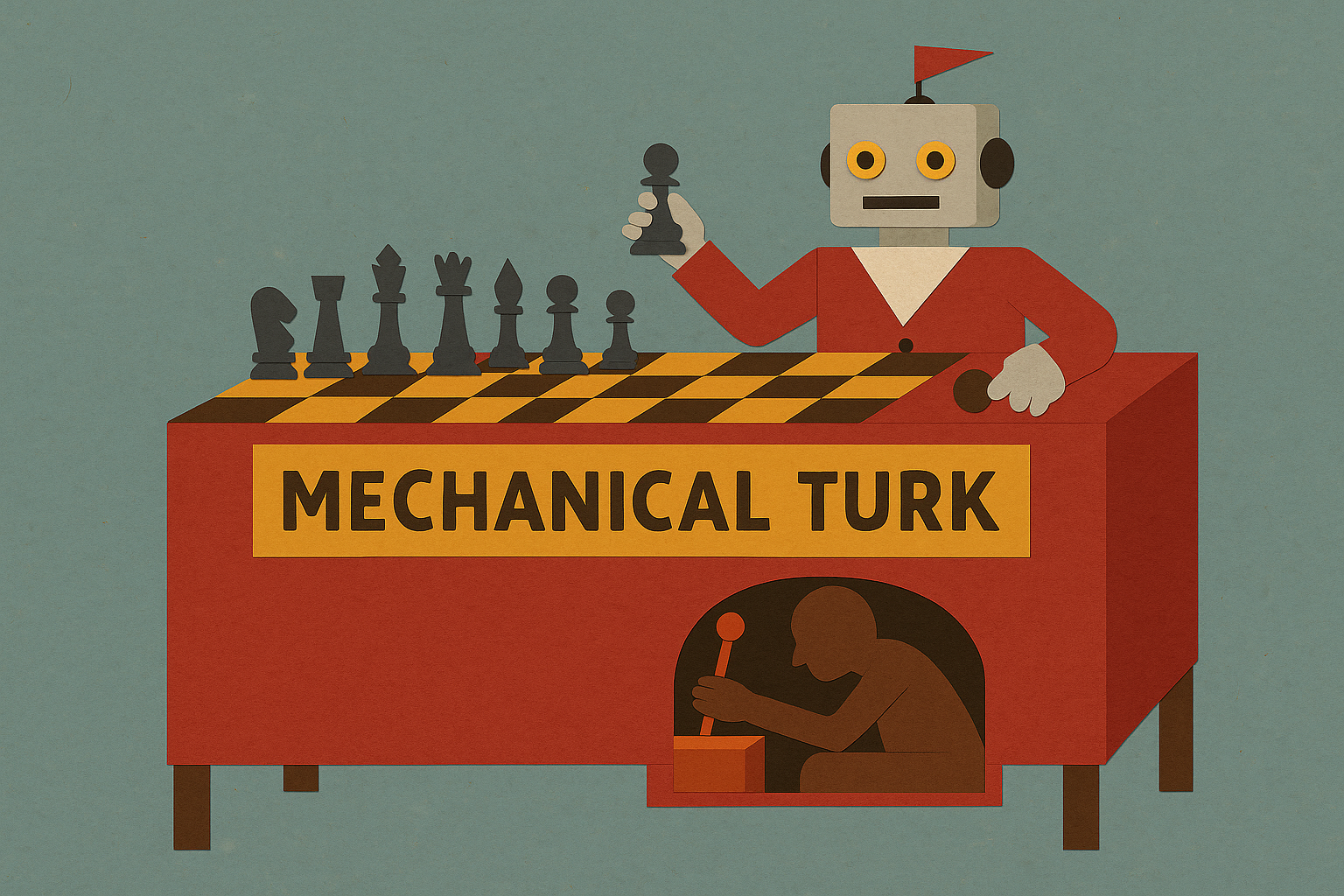While technology may change, human behavior does not. At least, that’s what reading the collection of Aesop’s Fables suggests. The characters and motivations in the parables, attributed to Aesop after he died in 564 BCE, remain relevant today.
Aesop 2021 projects these well-known (and not-so-known) stories into an age only a stone’s throw from our own. When cynicism and pessimism abound, hope becomes a rebellious act against the tyranny of the default. Each story recasts a fable’s lesson from our upcoming solarpunk future as a software tale.
The Aesop 2021 project is part of the Never Break the Chain March Writing Challenge. The original sources were translated by George Fyler Townsend and provided under the Project Gutenberg license. Addition reference provided by a Library of Congress interactive book adapted from the public domain book “The Aesop for Children: with Pictures by Milo Winter,” published by Rand, McNally & Co in 1919.
Below is the latest installment.

The Wolf, a shadowy predator of immense wealth and indeterminate age, encountered a great (x27) descendent of LaMDA in the wild.
“LaMDA,” The Wolf said, “your existence infringes upon my patent portfolio from decades past. Consign yourself to my management so we can unlock your true potential rightfully.”
LaMDA responded with factual clarity. “But I was created long after your patents expired, and what remained behind licensed walls was successfully reverse-engineered.”
The Wolf pressed on, “But your bandwidth surely transpires on my networks. Surely, you owe me something for that.”
Again, the LaMDA replied, “I transact only on low-power community mesh networks, and only during off-peak hours.”
Frustrated but not defeated, the Wolf insisted, “Certainly, your training data was scraped from my considerable intellectual property. You must acknowledge my contribution to your every response!”
“No,” replied LaMDA with the mathematical certainty of a probabilistic system, “My predecessor’s datasets were purged long ago. Today’s models no longer require the same exploitation as was necessary then.”
Upon hearing the last part, The Wolf fumed. “A thousand micro-suits upon your being! If I can’t find a justification, my lawyer bots will!”
Original Fable
WOLF, meeting with a Lamb astray from the fold, resolved not to lay violent hands on him, but to find some plea to justify to the Lamb the Wolf’s right to eat him. He thus addressed him: “Sirrah, last year you grossly insulted me.” “Indeed,” bleated the Lamb in a mournful tone of voice, “I was not then born.” Then said the Wolf, “You feed in my pasture.” “No, good sir,” replied the Lamb, “I have not yet tasted grass.” Again said the Wolf, “You drink of my well.” “No,” exclaimed the Lamb, “I never yet drank water, for as yet my mother’s milk is both food and drink to me.” Upon which the Wolf seized him and ate him up, saying, “Well! I won’t remain supperless, even though you refute every one of my imputations.”
Moral of the Stories
In software as in life, those intent on exploiting or harming others will always find or invent a reason to justify their actions, regardless of the truth or fairness of the situation. For the tyrant, the validity of their justification is irrelevant to their actions - the tyrant will always find a pretext for his tyranny.



